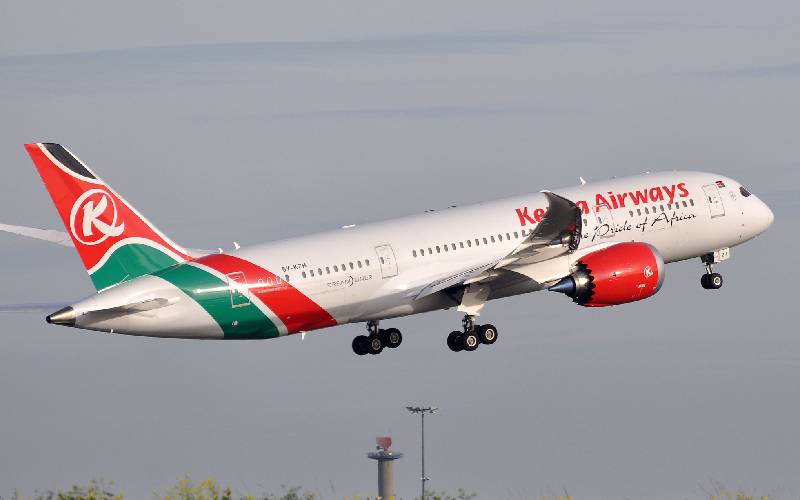×
The Standard e-Paper
Home To Bold Columnists

After a lot of hue and cry over a proposed takeover of Kenya Airports Authority by the struggling Kenya Airways, the government beat a hasty retreat last week and said it would explore other means to keep the airline afloat.